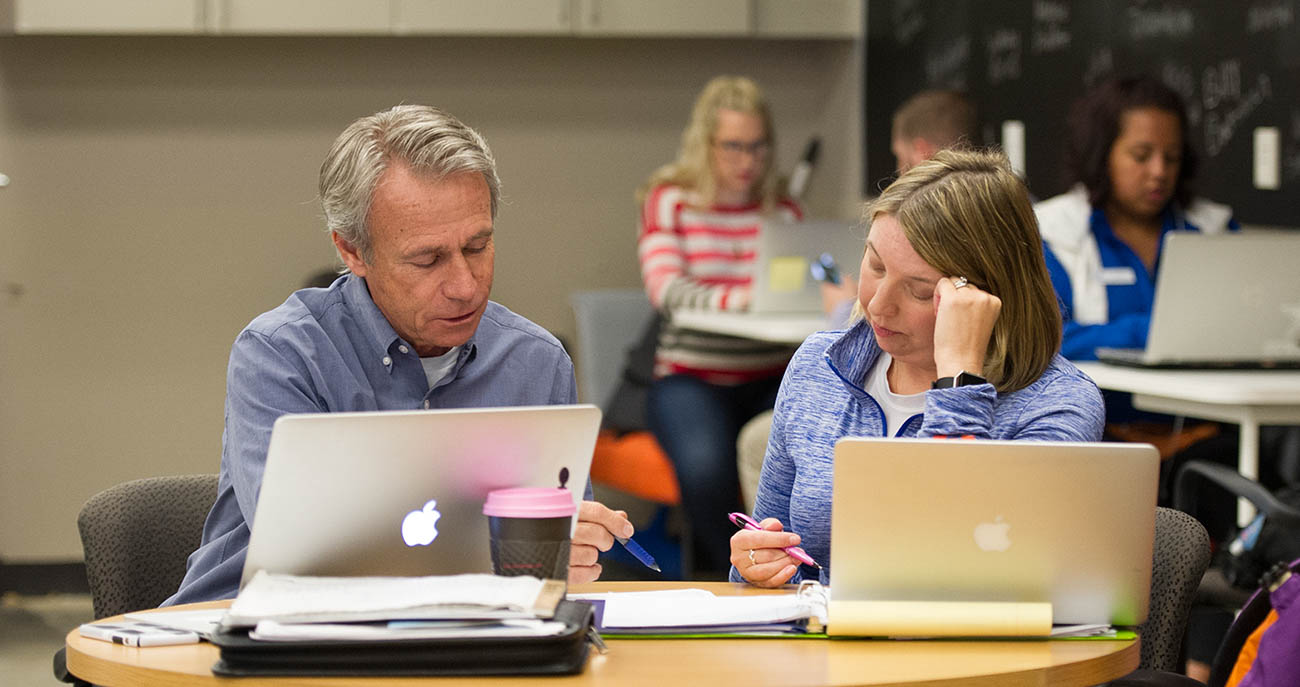
Let’s introduce you to the “working resume”. You’re probably used to updating your resume right before you want to apply to a new job, right? Well, a working resume is a document that you can put down all of your experience on, no matter how big or small. Think of it as a living thing that gets updated every time you complete a task, project, or job. From there, you can tailor each resume you submit to a new job with specific, relevant details that apply to the role, but your working resume will still be the home for everything job related. Check out these reasons why we think a working resume is the way to go and how you can do it.
1) All experiences count
Employers care about more than just jobs and internships. Anything hands-on you’ve done outside the classroom counts as experience — volunteering, Service Learning, leadership positions in student organizations, research, even class projects. Make sure you’re including every one of these experiences you’ve had onto your working resume. (You can pick which to highlight in your “Relevant Experience” category when you write those targeted resumes.)
2) Know when to update your resume
Timing is important because we quickly forget things we don’t write down. There’s two points during an experience when you should update your working resume. Instead of updating at the start of a new experience, do your first update halfway through, when you can more easily talk about what you’ve done and what skills you’ve been using. This will also help you evaluate your progress and identify what you still need to accomplish in the second half to get what you need out of that experience. Then, update it again at the end to include outcomes of the work you’ve done.
3) Follow up after a new experience
Your working resume is the place to keep track of every outcome of your work. Remember, employers don’t just care that you did something, they want to know how successful you were at it. For each task you performed, ask yourself, “What happened as a result of me doing this?” Keep track of all numbers and data you can get your hands on during the experience, and use this to back up outcomes whenever possible. It’s also a great place to learn how you would do things better next time.
4) Include task, skill, and outcome
Because a working resume is your place to keep track of everything, you’ll have longer descriptions than on a targeted resume. In addition to outcomes, you’ll want to include details of the tasks/activities and all the skills you used to do those things. Make sure to write down both technical skills such as software used, and professional/transferable skills such as problem solving or teamwork. An ideal resume bullet point will start with an action verb and include all three of those things – the task, the skill, and the outcome.
5) Use more tools than just a resume
LinkedIn is also a (public) working resume: Do you have a LinkedIn profile yet? With options to add and describe all your different types of experiences, LinkedIn can actually serve as your working resume, as long as you don’t mind all that information being public. Bonus: LinkedIn lets you link or upload work samples to go with each experience, so it can serve not only as a living resume, but also your online portfolio. AND it’s a great way to get started networking.
5 ½) Learn how to talk about experience — even seemingly unrelated job experience
Picture this. You’re working a summer coffee shop job or at a bookstore or at a bike shop, but you want to go into finance. Doesn’t feel like it’s related, does it? Actually it is. And we can prove it. Check out this article about how to talk about your summer work experience.